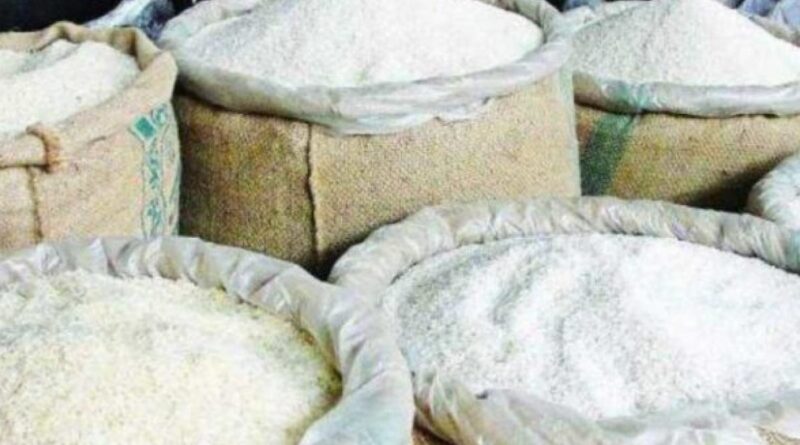Rice export and its discontents
India is the second-largest producer and largest exporter of rice in the world. It exports premium basmati rice to high-income markets and relatively cheaper varieties to low-income food-importing countries. Rice is not a commodity that has multiple sellers in the global market. This means that when India imposes policy restrictions, the world has a big rice sourcing and, hence, food security problem
Restrictions on rice exports, when they come, are almost always driven by considerations of controlling domestic food inflation by making sure that domestic supplies are not diverted to more lucrative export markets. To be sure, rice is not the only commodity that is subject to such tactical policy intervention.
Do farmers lose because of such policies? Of course, they do. But are they the only stakeholders here? No, they are not. A lot of poor people are net buyers of food grains in India, and because an overwhelming share of them work in the informal sector, their wages are not indexed to inflation. It is understandable (and fair) that the government tries to protect their interests by keeping food prices under control. The balance of policy between these two mutually contradictory ends is driven by the political weight and bargaining power of these two classes.
Is this perpetual balancing act the only story of India’s rice exports? Far from it. The story of the surge in India’s rice exports — states like Punjab have played a big role in the last couple of decades — is also one of environmental destruction on multiple fronts. Rice cultivation in regions like Punjab is tantamount to exporting scarce water outside and importing pollution into the adjoining areas, including the national capital. The first fetches farmers money while the second is a negative externality. Balancing these problems with the well-being of farmers is a bigger failure of India’s food policy than intermittent bans on rice exports to stabilise domestic prices. Not talking about one while hyperventilating about the other is nothing but missing the woods for the trees.
This article has been republished from The Hindustan Times editorial.

